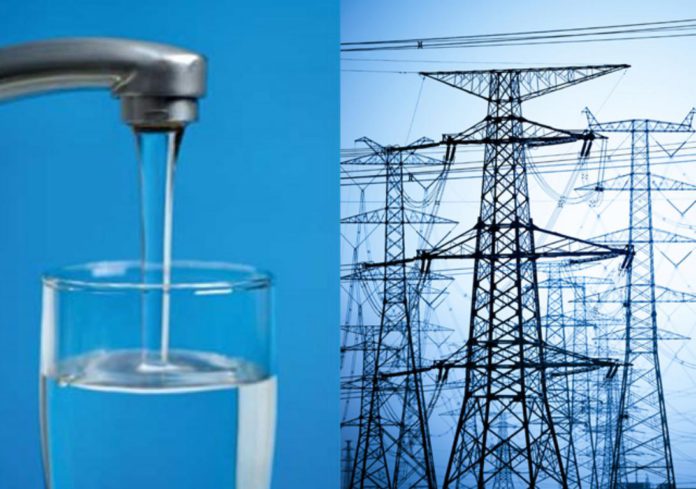The Executive Director of the Institute of Energy Security (IES), Nana Amoasi VII, has said the Public Utilities and Regulatory Commission (PURC) cannot pick and choose when it desires to apply the variables for tariff adjustments.
Although, he said there was nothing wrong with the methodology that PURC used in computing the tariff for electricity, the way and manner the commission chooses to go about it is a concern to IES.
“There is absolutely nothing wrong with the methodology used by the PURC in computing the average end-user tariffs for electricity. However, we are concerned about the application. They choose and pick when to apply each of the variables.
“For the variables used in the methodology, we have the Cedi-Dollar exchange rate as one, inflation as another variable, the electricity generation mix, basically thermal and hydro generation contribution as another, and the average cost of gas as a net variable.
“These are very key components that must be factored in computing electricity tariffs, there is nothing wrong with it. But when you choose and pick when to apply the changes in these variables it calls for concerns,” he said on Accra-based TV3.
He added “…We are in the third quarter of the year and the PURC comes again and says that the weighted average cost of gas has gone up to some 8.1 Dollar per million British Thermal Units, but they failed to give the reasons for which this has gone up compared to the second quarter that really attributed the cost to the end gas price going up. In this one, they failed, and so we are looking for consistency in the application of the variables.”
PURC has announced that non-lifeline residential utility users will from September 1, 2023, see a 4.22% rise in electricity and 1.18% for water tariffs.
However, there was no increment in electricity and water tariffs for non-lifeline users, industrial consumers, and non-residential customers, including hairdressing saloons, barbering shops, chop bars, dressmaking shops, and cold stores.
The Commission said the review was to ensure that the utilities were financially viable to sustain supply of services, while reducing the burden on consumers, especially lifeline customers.
ALSO READ:

